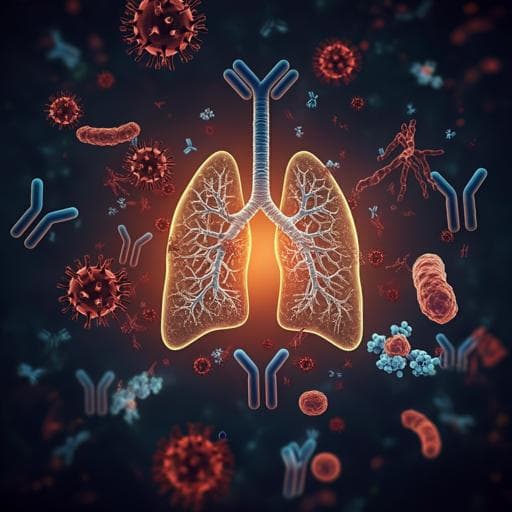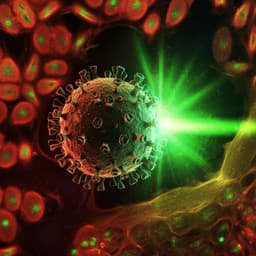
Medicine and Health
Mucosal TLR2-activating protein-based vaccination induces potent pulmonary immunity and protection against SARS-CoV-2 in mice
A. S. Ashhurst, M. D. Johansen, et al.
Current vaccines against SARS-CoV-2 significantly reduce mortality, but infection protection remains inadequate. This research, conducted by Anneliese S Ashhurst and colleagues, explores a novel mucosal subunit vaccine that enhances respiratory tract immunity, promising better defense against the virus and minimizing viral spread.
Related Publications
Explore these studies to deepen your understanding of the subject.







